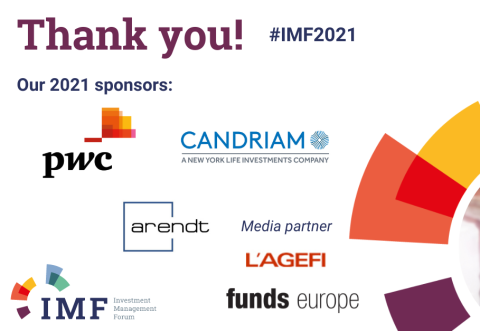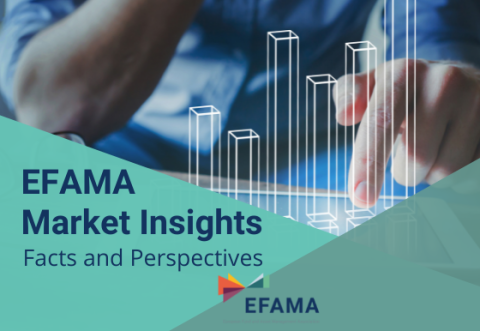EFAMA shares the urgent need to improve the consistency and comparability of sustainability reporting at a global level. Therefore, we welcome the opportunity to respond to the ISSB consultation on the Exposure Drafts on “General Requirements for Disclosure of Sustainability Related Financial Information” (IFRS S1) and on “Climate-Related Disclosures” (IFRS S2).
Sustainable Finance
The asset management industry plays a key role in meeting the objectives of the European Green Deal to make the EU’s economy sustainable. Our members integrate ESG considerations across their risk management processes and investment decisions. They develop sustainable investment products and foster transparency to fight greenwashing. This increases choice, trust and, in turn, retail investors’ participation. Overall, such efforts mobilise capital towards a fair and just transition to a climate-neutral economy by 2050.
EFAMA actively contributes to the development and implementation of EU’s sustainable finance initiatives. Among them are a comprehensive transparency framework for financial market participants, standards and labels for green financial products, classification of green economic activities and policies enhancing corporate sustainability reporting.
ISSB's Exposure Drafts on Sustainable Reporting Standards
PTF-ESRS consultation survey on draft European Sustainability Reporting Standards
EFAMA strongly supports the initiative carried out by EFRAG with the publication of the Exposure Drafts on the European Sustainability Reporting Standards (ESRS). The Exposure Drafts provide key elements framing the architecture of reporting requirements and clarifying the content and key concepts of CSRD. The resulting data will be of crucial importance for investors and for achieving the EU objective to transition towards a zero emissions economy by 2050.
EFAMA response to EC CfE ESG ratings and sustainability risks in credit ratings
EFAMA welcomes the opportunity to respond to the EC’s targeted consultation on the functioning of the ESG rating market in the EU and on the consideration of ESG factors in credit ratings. Please note that our response covers, at the same time, ESG ratings and ESG data providers, as the demand for ESG “raw” data has been increasing at a steady pace. The use of ESG data has also rapidly shifted from a narrow set of investment products to being prolific across all investment products.
IMF 2021: Thought-provoking discussions and insightful presentations
This year’s Investment Management Forum featured an incredible number of high-level speakers and thought-provoking discussions.
.png)
The European Single Access Point: a powerful tool for investors to assess the ESG performance of companies
EFAMA sees the European Commission’s proposal for the creation of a European Single Access Point (ESAP) as a crucial step in addressing the limited availability and scattered nature of financial and sustainability-related entity information at EU level.
SFDR and the quest for certainty | Market Insights | Issue #7
EFAMA has today released its latest Market Insights report titled “The European ESG market – Introducing the SFDR”. The full report breaks down the size of the European ESG market, reviewing the assets under management of funds using the SFDR (Sustainable Finance Disclosure Regulation) framework.
Joint industry contribution to EFRAG's ESRS Set 1 simplification exercise
Market Insights #18 - Sustainable Equity UCITS
This report looks specifically at the evolving trends of the equity asset class of sustainable UCITS, whose share is the highest (53%) in total sustainable UCITS funds. It highlights their role as investment vehicles in facilitating the green transition. The universe of sustainable equity UCITS funds is defined based on Morningstar’s classification of sustainable financial instruments1. This means funds must claim to have a sustainability objective, and/or use binding ESG criteria for their investment selection.
Sustainable Investing Explained in 9 Questions
EFAMA launches its new brochure "Sustainable investing explained in 9 questions".
Despite the growing interest and importance of sustainable investing, most EU citizens often find it difficult to navigate this relatively new investment landscape.
In the brochure we explore :




































